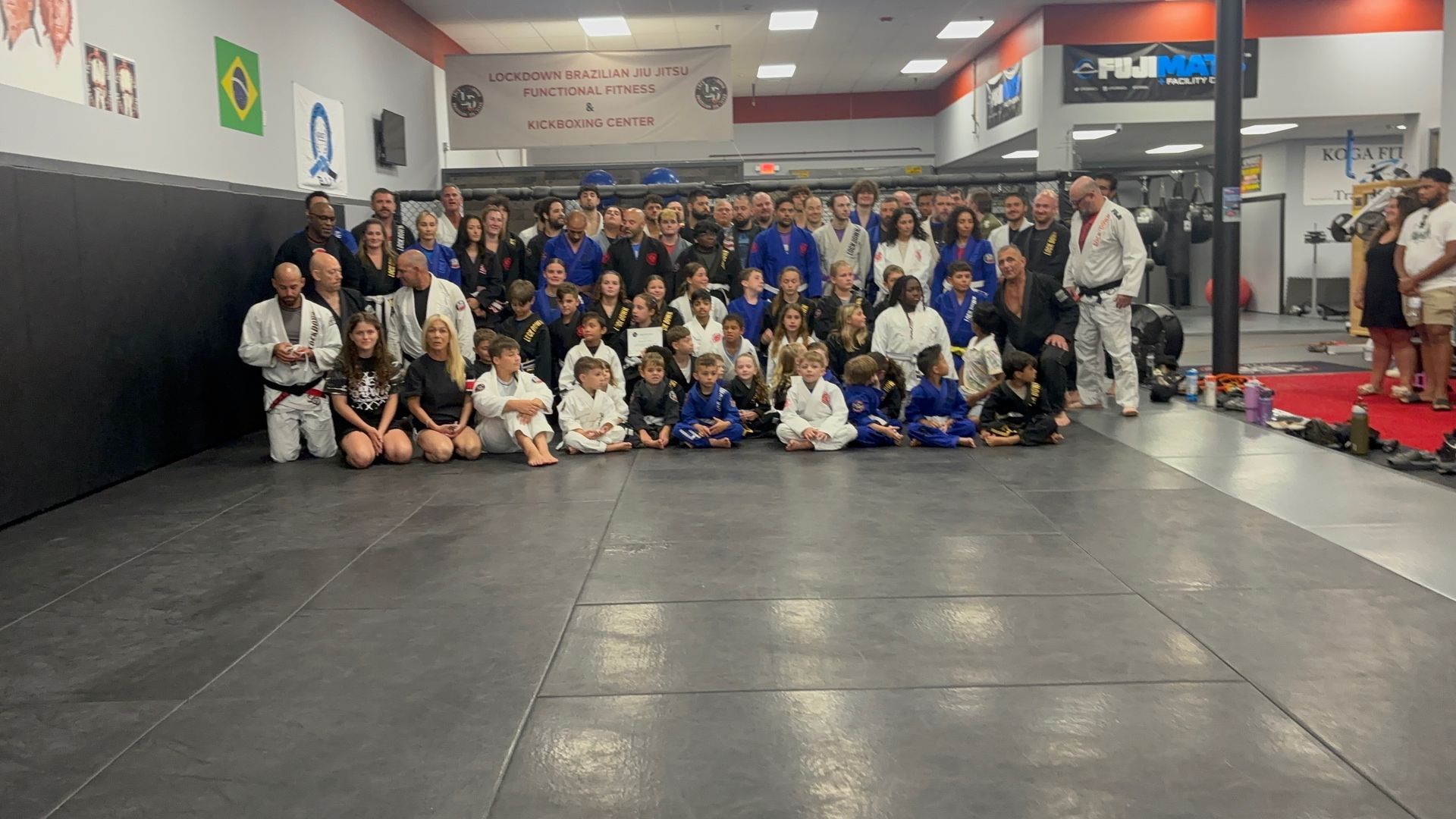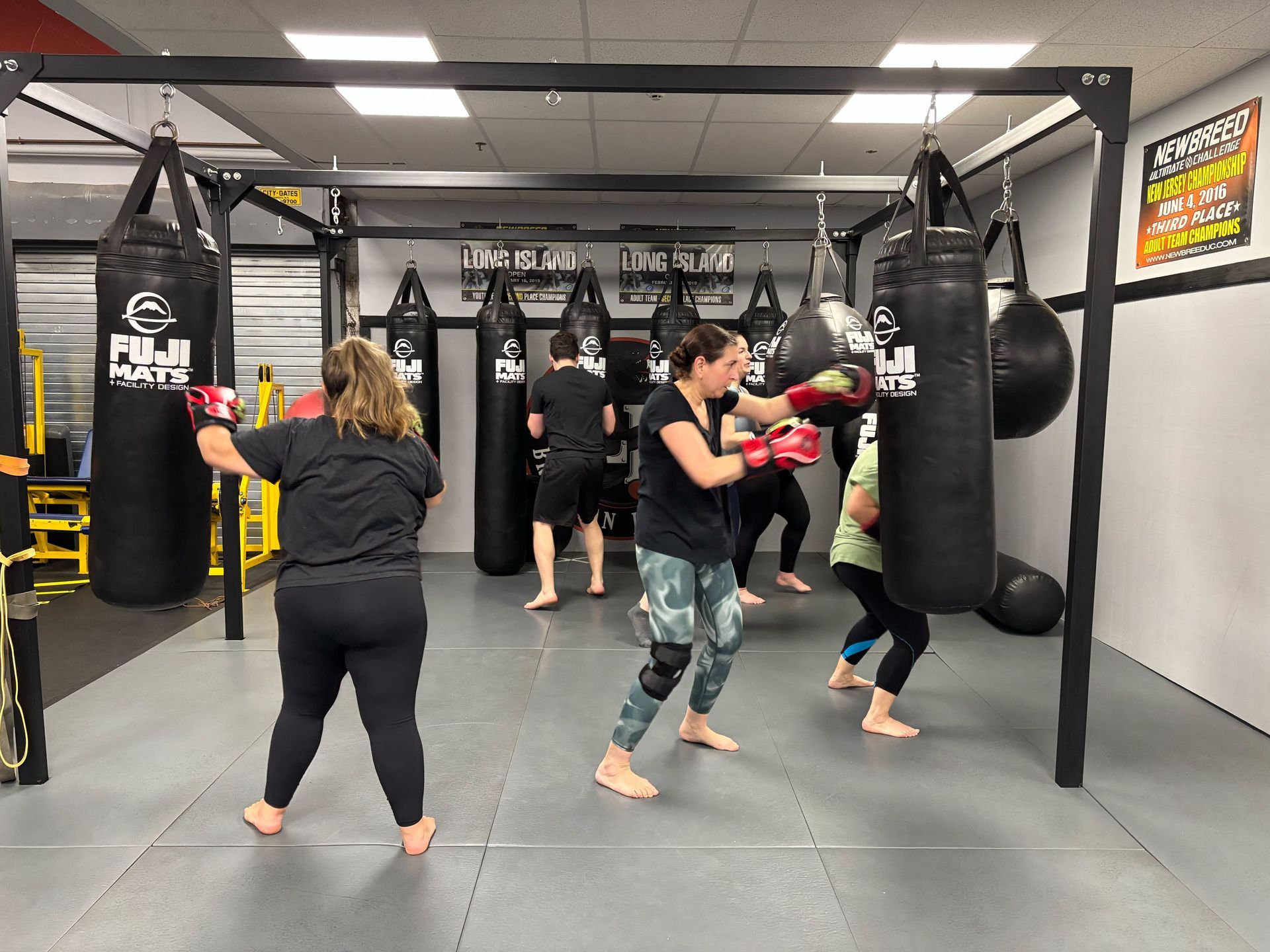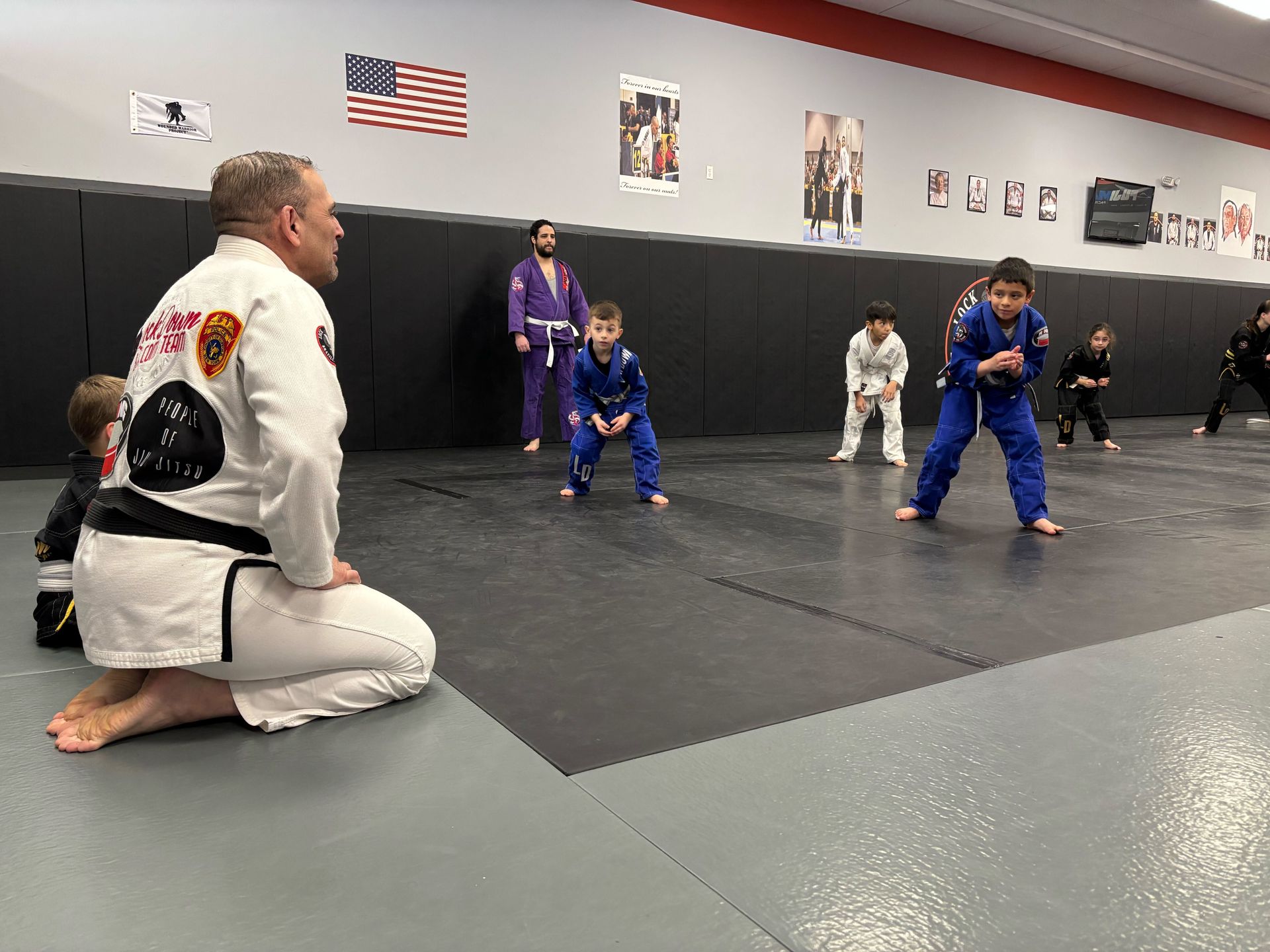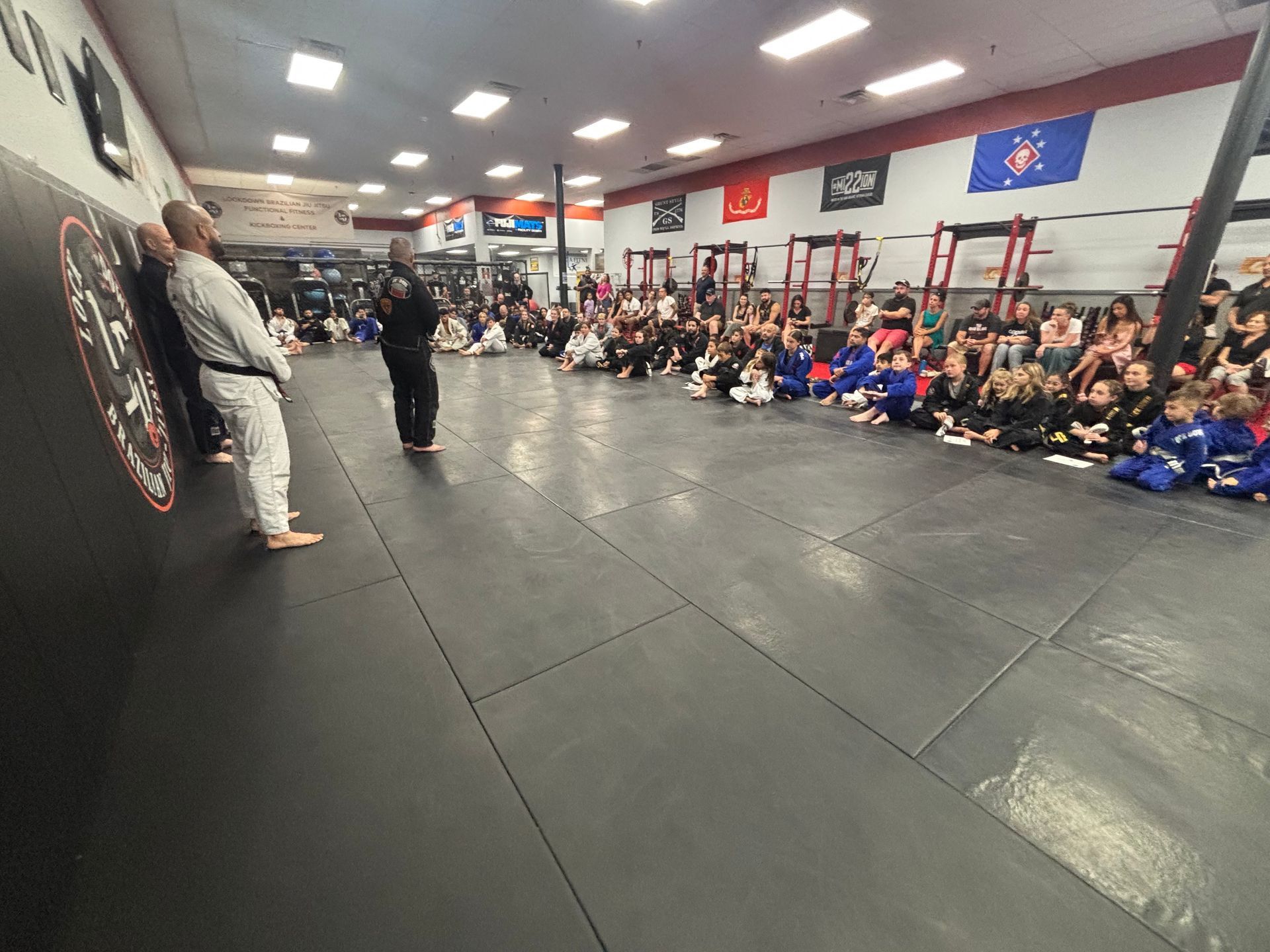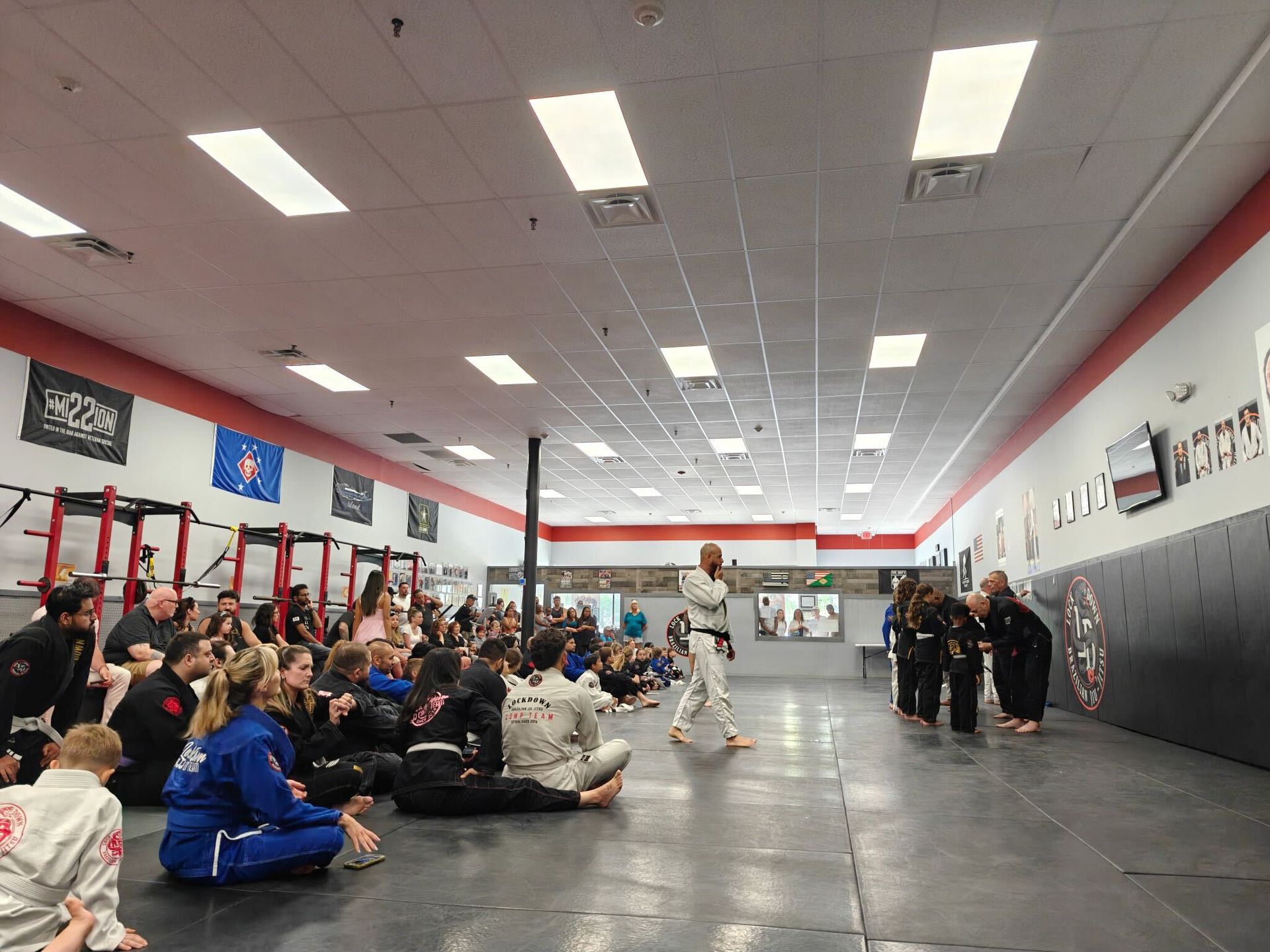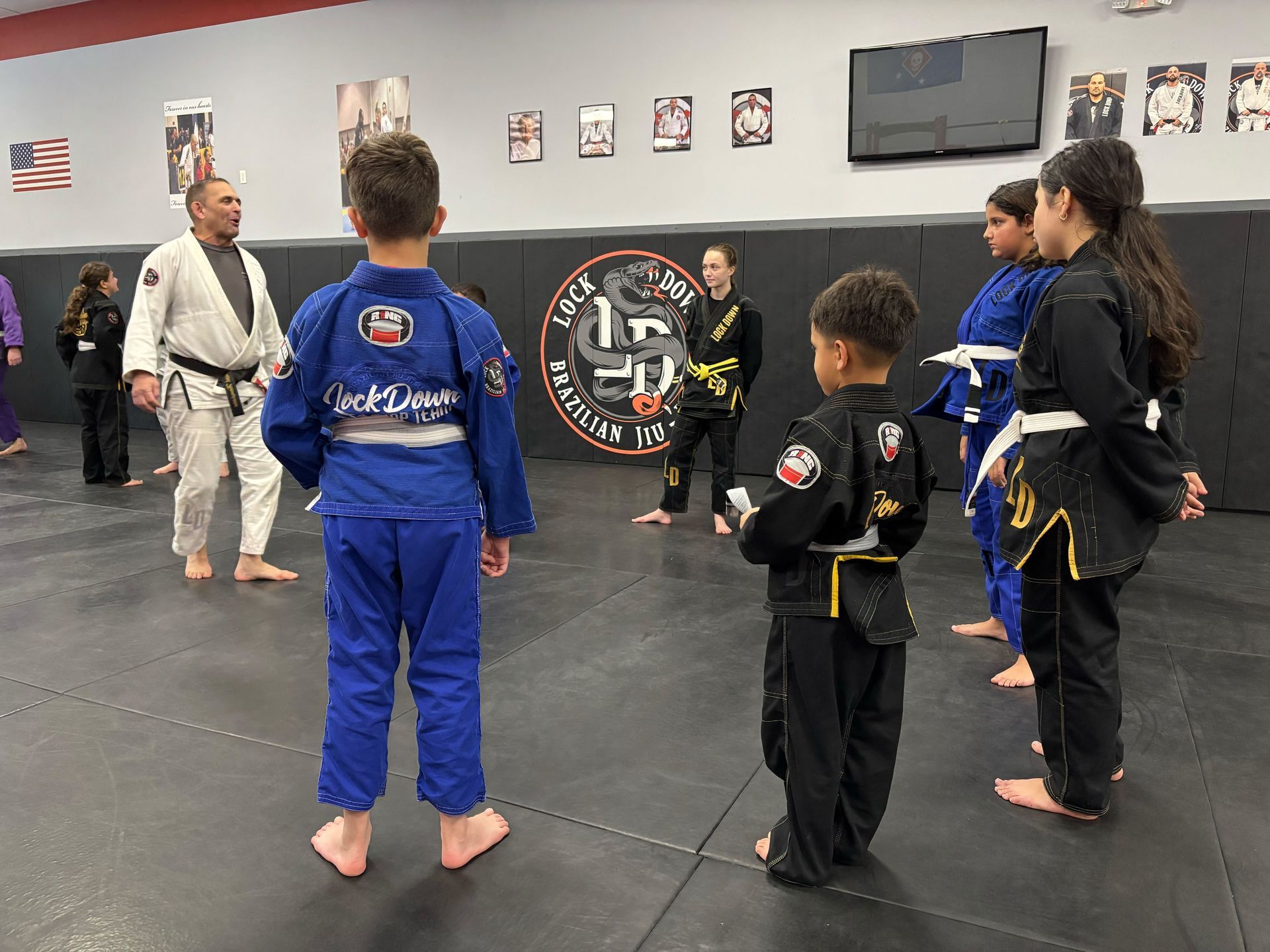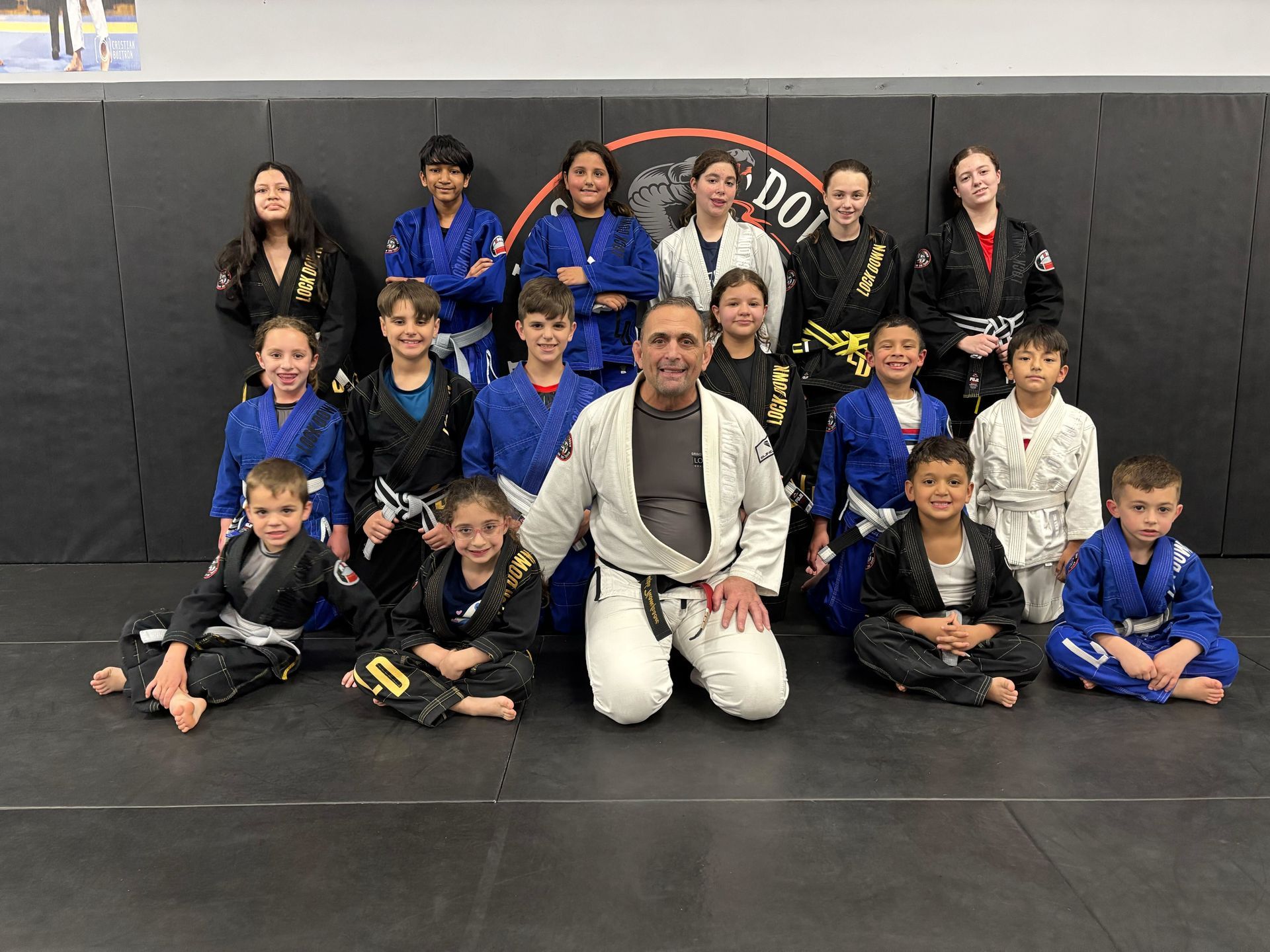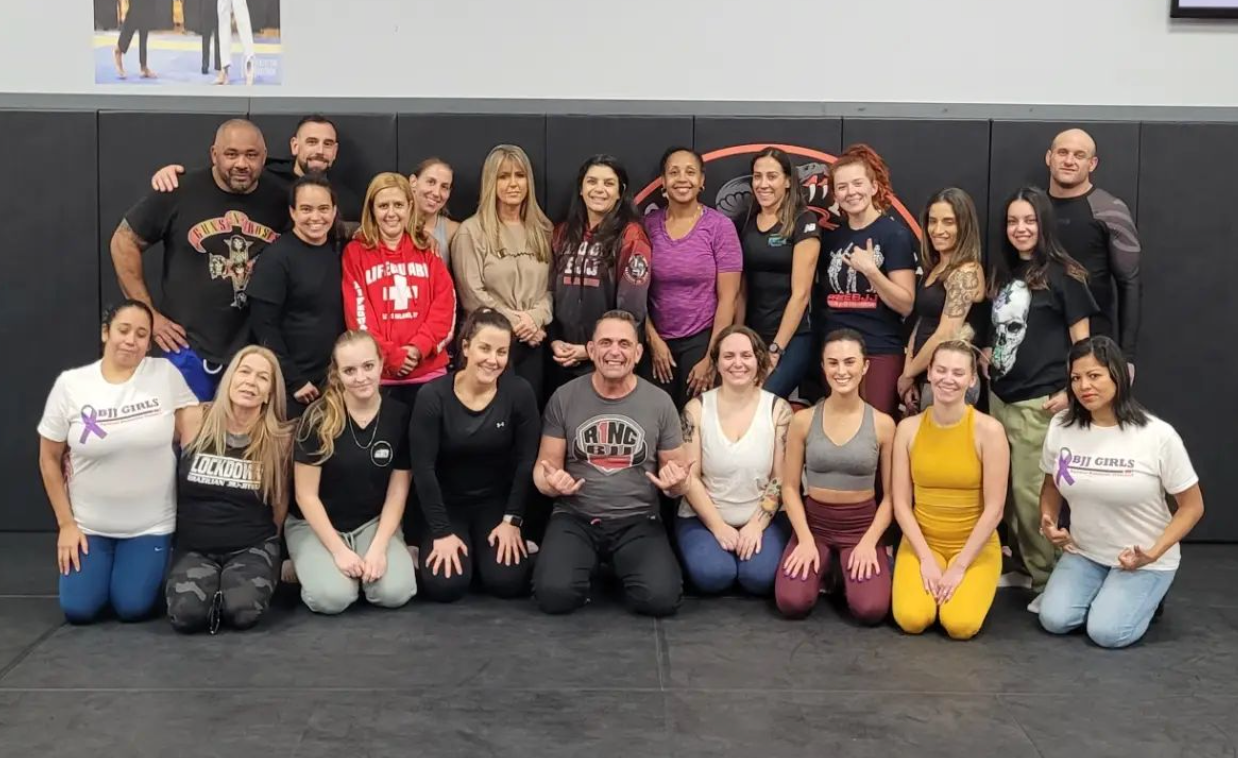Self-discipline is the ability to control one's emotions, behaviors, and desires in the face of external demands, to achieve personal and professional goals.
It's about doing what needs to be done, even when you don't feel like doing it. In martial arts, self-discipline is the cornerstone of training and personal development. This ancient practice not only teaches combat techniques but also instills a strong sense of discipline that extends beyond the dojo, influencing all areas of life. This article explores the profound impact of self-discipline, both in martial arts and in everyday living, highlighting its importance for success, personal growth, and well-being.
What is Self-Discipline?
Self-discipline encompasses self-control, motivation, and the ability to persist despite obstacles. It involves setting goals and following through on commitments, even when the path becomes challenging. Key components of self-discipline include consistency, focus, and the courage to overcome instant gratification for long-term benefits. For instance, resisting the urge to procrastinate or choosing healthy meals over junk food are everyday demonstrations of self-discipline.
The Fundamentals of Martial Arts
Martial arts are systems of combat practices originating from various cultures, primarily focused on self-defense, physical fitness, and mental discipline. From Karate and Taekwondo to Judo and Kung Fu, each discipline emphasizes respect, focus, and perseverance. These principles are not only critical to mastering martial arts techniques but also form the foundation of personal growth within the art.
How Martial Arts Cultivates Self-Discipline
Martial arts require structured training routines that demand regular practice, commitment, and adherence to a set of values. Students are guided by mentors who exemplify discipline, providing a model to emulate. Setting and achieving goals, such as earning a new belt or mastering a technique, reinforces the value of hard work and persistence. Through these experiences, practitioners learn that discipline leads to tangible rewards, fostering a mindset that can be applied to all aspects of life.
Benefits of Self-Discipline in Martial Arts
The practice of martial arts delivers numerous benefits, both physical and mental. Physically, it improves fitness, flexibility, and strength. Mentally, it enhances focus, reduces stress, and builds emotional resilience. The discipline gained from regular training helps practitioners develop better control over their actions and reactions, contributing to a balanced and composed outlook.
Application of Self-Discipline in Daily Life
Self-discipline transcends the martial arts arena, playing a crucial role in everyday life. It aids in time management, helping individuals prioritize tasks and avoid procrastination. It empowers people to overcome challenges, build healthy habits, and maintain a consistent routine. Whether it's sticking to a study schedule, adhering to a fitness plan, or managing personal finances, self-discipline is the key to achieving and maintaining these goals.
Self-Discipline and Academic Success
In an academic setting, self-discipline is essential for success. It helps students maintain a steady study routine, manage their time effectively, and cope with the pressures of exams and assignments. By applying the principles learned in martial arts, such as focus and perseverance, students can improve their academic performance and develop a resilient mindset that will serve them well throughout their education and beyond.
The Role of Self-Discipline in Personal Relationships
Self-discipline plays a pivotal role in personal relationships, enhancing communication, empathy, and conflict resolution. It helps individuals maintain healthy boundaries and manage emotions during disagreements. By practicing discipline in interactions, individuals can foster stronger, more respectful, and enduring relationships.
The Impact of Self-Discipline on Career Success
In the professional realm, self-discipline is synonymous with a strong work ethic and consistent performance. It drives individuals to meet deadlines, manage workloads, and pursue continuous professional development. Self-disciplined professionals are often seen as reliable and committed, qualities that can lead to career advancement and long-term success.
Developing Self-Discipline: Tips and Techniques
Developing self-discipline is a gradual process that involves setting SMART (Specific, Measurable, Achievable, Relevant, Time-bound) goals, establishing routines, and staying motivated. Techniques such as visualization, positive reinforcement, and breaking tasks into manageable steps can help maintain focus and determination. It's also important to reflect on progress and adjust strategies as needed to keep moving forward.
Challenges in Developing Self-Discipline
Common challenges in developing self-discipline include procrastination, lack of motivation, and difficulty in maintaining consistency. Overcoming these obstacles requires self-reflection, patience, and the willingness to make incremental changes. Strategies such as time management, accountability partners, and minimizing distractions can significantly enhance one's ability to stay disciplined.
Stories of Martial Artists Exemplifying Self-Discipline
Throughout history, martial artists have exemplified self-discipline in remarkable ways. Legends like Bruce Lee and contemporary champions like Ronda Rousey have shown how discipline in training and life can lead to extraordinary achievements. These stories serve as powerful reminders of the transformative power of discipline and the heights it can help individuals reach.
The Role of Martial Arts in Developing Self-Discipline in Youth
Martial arts offer a structured environment where youth can learn the value of discipline early on. It builds confidence, self-esteem, and resilience, helping prevent negative behaviors and promoting positive social interactions. The discipline learned in martial arts often translates into improved academic performance and better social skills, providing a strong foundation for future success.
Long-Term Benefits of Self-Discipline
The benefits of self-discipline extend far beyond immediate achievements. Over the long term, it contributes to sustained health and well-being, continuous personal growth, and the ability to influence others positively. By fostering self-discipline, individuals can lead more fulfilling and purpose-driven lives, leaving a legacy of perseverance and dedication.
Frequently Asked Questions
What is the difference between discipline and self-discipline?
Discipline often refers to following rules set by others, while self-discipline is the ability to impose rules on oneself to achieve personal goals.
How can martial arts help children develop discipline?
Martial arts teach children structure, respect, and the value of hard work, helping them develop self-discipline through consistent practice and goal setting.
Can self-discipline be learned later in life?
Yes, self-discipline can be developed at any age through practice, perseverance, and the adoption of new habits.
What are some daily practices to improve self-discipline?
Setting daily goals, following a routine, avoiding distractions, and reflecting on progress are effective ways to improve self-discipline.
How does self-discipline affect mental health?
Self-discipline can enhance mental health by reducing stress, improving focus, and fostering a sense of control over one's actions and decisions.
Are there specific martial arts better for learning discipline?
Most martial arts, such as Karate, Taekwondo, and Judo, emphasize discipline, but the best fit depends on personal interests and goals.
Final Thoughts
Self-discipline is a powerful tool that can transform lives, enabling individuals to achieve their goals and navigate challenges with resilience and confidence. Whether developed through martial arts or other means, the principles of self-discipline are universally applicable and valuable in all areas of life. By embracing self-discipline, individuals can unlock their full potential, leading to success, fulfillment, and a lasting positive impact on the world around them.

